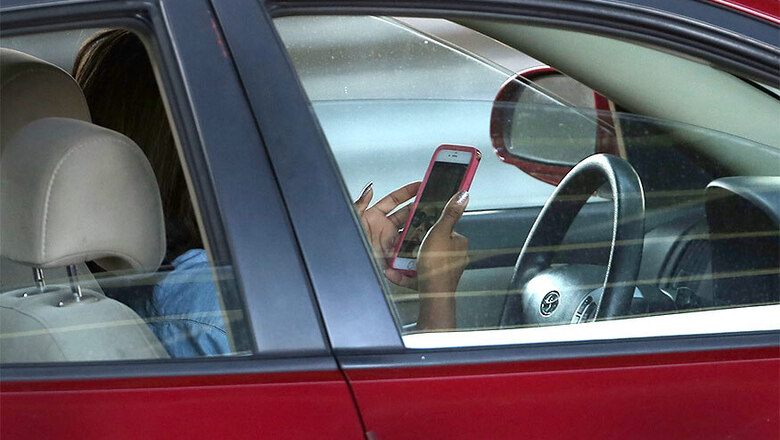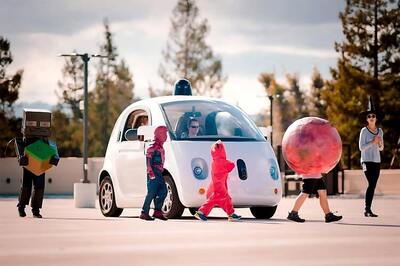
views
Even if Uber's latest autonomous automobile accident is a timely reminder that we're still some way off truly self-driving cars, a new Harris Poll gauging the opinions of 3,000 US drivers finds that most people are already dreaming about what to do with all the spare time they'll have when their cars are capable of driving themselves.
The study, commissioned by Erie Insurance finds that dream is an apt description as 51% think that they'll be able to catch up on much-needed sleep, or at least not worry about becoming drowsy and inattentive, especially on longer journeys.
Texting (34%), reading (27%) and playing video games (11%) are also popular potential pastimes with 2% believing that they'd actually be able to exercise while on the go.
Despite years of steady improvement, in 2015 (the most recent year for accurate figures) the number of traffic fatalities on US roads jumped to 38,300 while 4.4 million were also seriously injured – even though the modern automobile has never been safer.
US authorities suggest that cheaper gas prices, more people driving for work, and increases in distracted driving behavior are the driving forces behind these figures. And when asked about the risks of distracted driving, 59% of respondents said that they believe self-driving cars will be the key to eliminating this behavior and making roads safer for all.
And as cars start to go on general sale that is capable of self-steering and maintaining lane discipline on the highway, such as the Volvo S90, Mercedes-Benz E-Class and the Tesla Model S, it can seem to some that the age of the autonomous automobile is already here.
"Current technology is going a long way to keeping us safer on the road, but the last thing we want is for people to become over-confident as this technology continues to evolve," said Cody Cook, Erie Insurance vice president. "Unfortunately, our survey finds that many people are getting ahead of themselves – making plans for what they'll do in the car instead of paying attention to the road."
Huge gains in development are being made every day but as shown by Uber's accident last week in Arizona, where one of its self-driving cars was flipped on its side when an oncoming car that should have given way, refused to yield, much work needs to be done on the issue of how autonomous cars interact with those driven by unpredictable humans.
"The interaction between robot cars and human-driven cars is an area of serious concern and requires research," said John M. Simpson, Privacy Project Director for US not-for-profit public interest group Consumer Watchdog.
The incident has also raised questions about transparency, regulation and one of the biggest single issues surrounding autonomous driving tech – who is responsible when a car in autonomous mode has an accident?
"Self-driving car manufacturers and developers must accept responsibility when their automated and autonomous technologies fail," said Simpson. "There must be complete transparency and accountability about what they are doing, which clearly can threaten public safety."




















Comments
0 comment